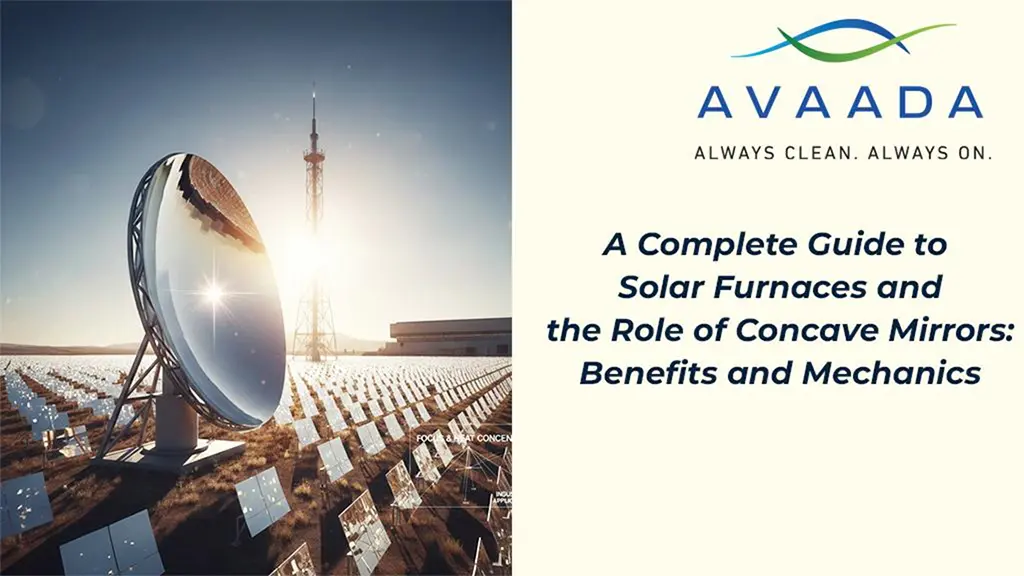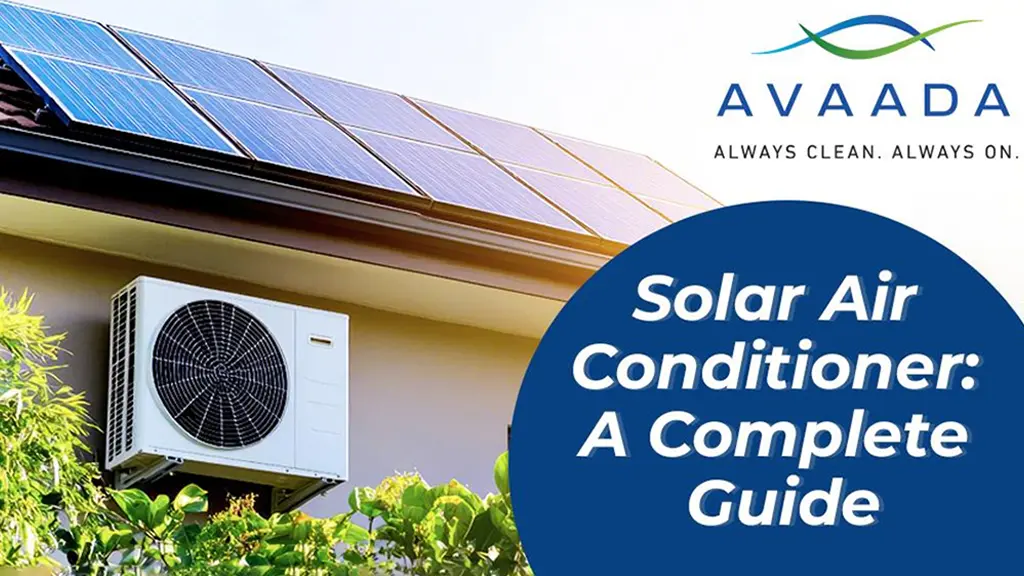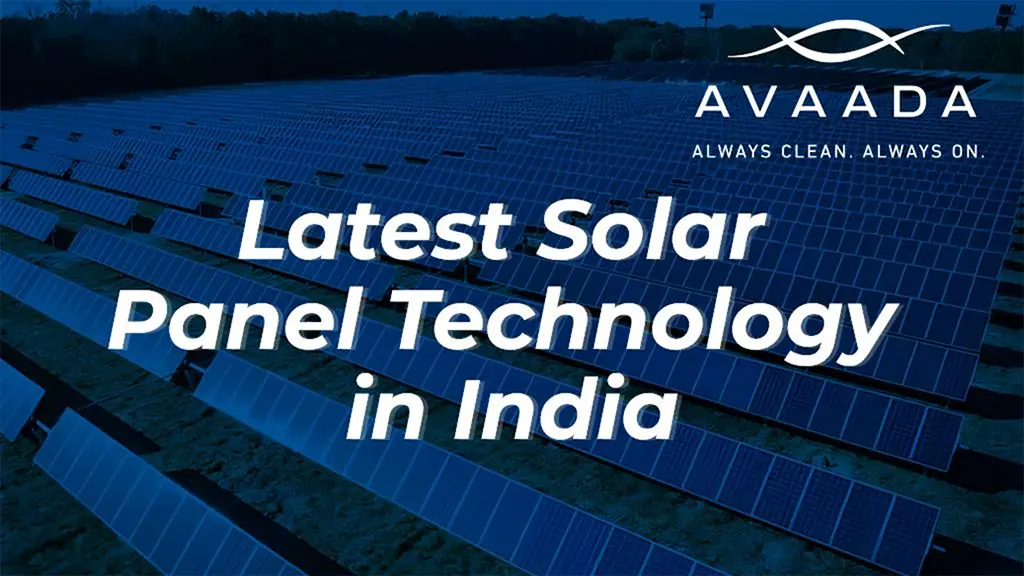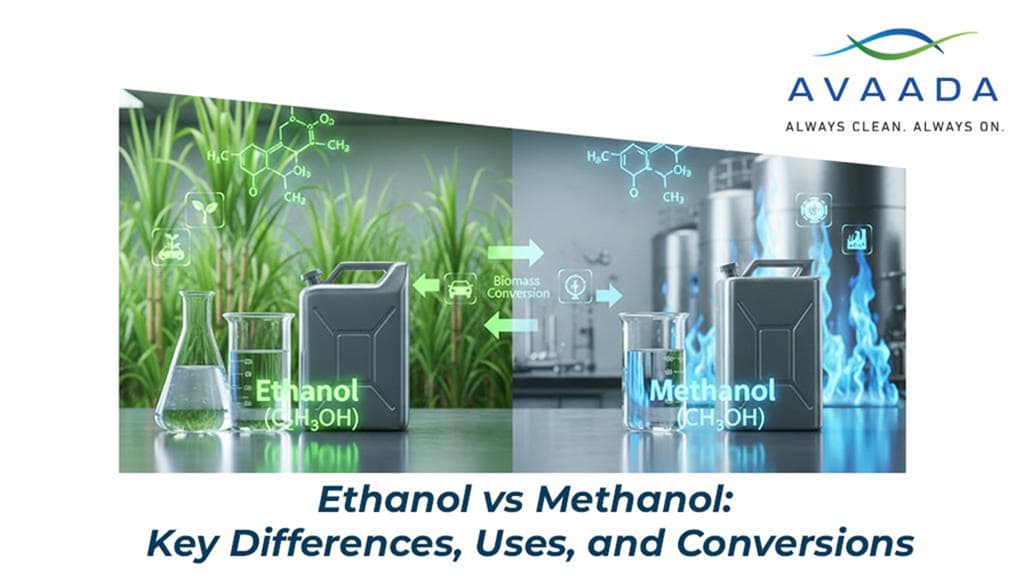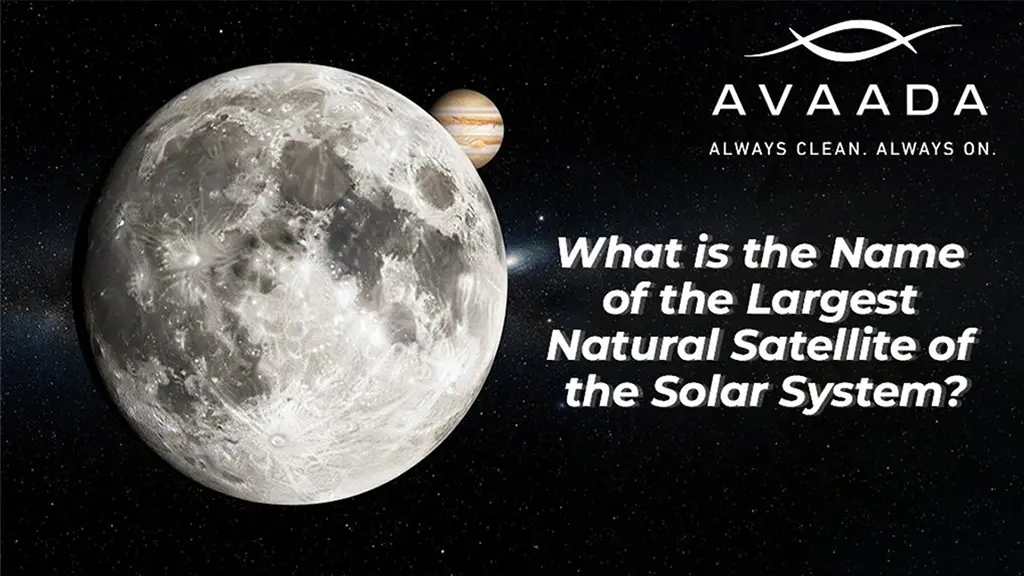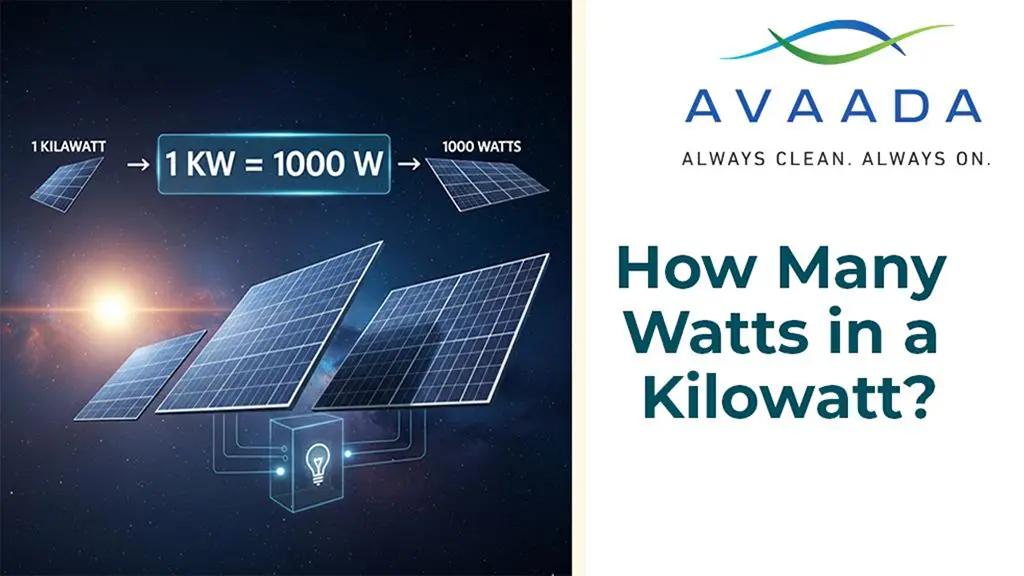Introduction
“The planet has a fever. If your baby has a fever, you go to the doctor. If the doctor says you need to intervene here, you don’t say, ‘Well, I read a science fiction novel that told me it’s not a problem.’… You take action.’’— AI Gore. It’s an issue that cones and is hard to go and it takes a lot to make even a minor change to our only home, earth. This is not only our home, it is a home to the plants, animals and of course the people who have ruined the earth and made it a hard place to live.
Singapore's 2030 Climate Pledge under the Paris agreement
Singapore additionally is implementing the 2030 Plan of the Paris agreement.
SDGs, including SDG13 are making a critical move to battle environmental change and its effects. Singapore will reduce 65 million tonnes of CO2 around 2030. 36% emissions have been reduced from 2005 to 2030.
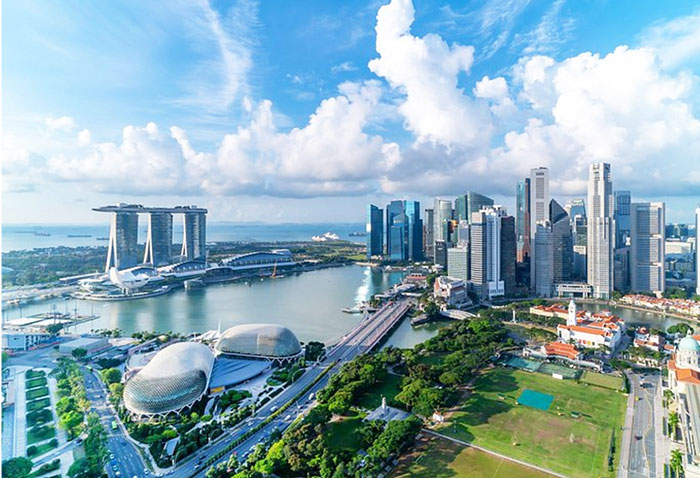

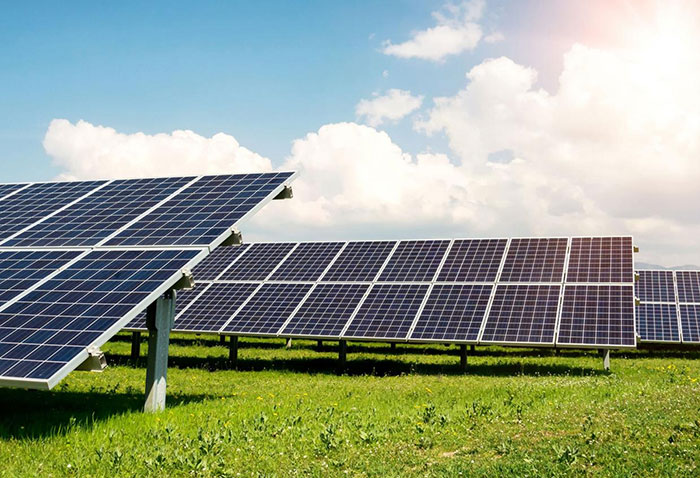

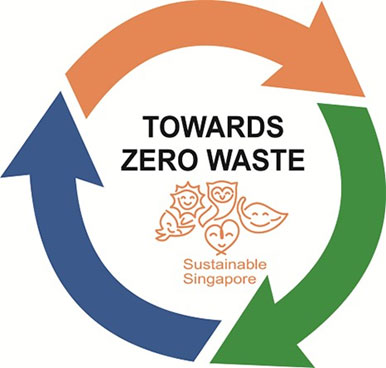

Towards Zero Waste
Singapore’s Initial Zero Waste Master Plan was launched in 2019, which outlines our strategies in adopting a circular economy approach towards a Zero Waste Nation. Under the Zero Waste Masterplan, Singapore aims to decrease the amount of waste sent to Semakau Landfill by 30% by 2030. This will reduce Singapore’s environmental footprint, such as carbon emissions from production.


Improving Singapore's Energy Efficiency
Improving energy efficiency is one of Singapore’s key strategies to reduce emissions. Singapore is ranked by the International Energy Agency as amongst the 20 best-performing countries in terms of emissions intensity.
Singapore enhanced the Energy Conversation Act in 2017 to require energy monitoring and reporting on large energy users and apply energy management systems. This helps Singapore identify energy-saving opportunities.
The Government provides grants to help companies to apply energy efficiency measures. In 2019, these grants were enhanced to give greater co-funding support for the companies. Singapore’s also working to grow the industrial energy efficiency ecosystem, and build up the capabilities of energy efficiency professionals.
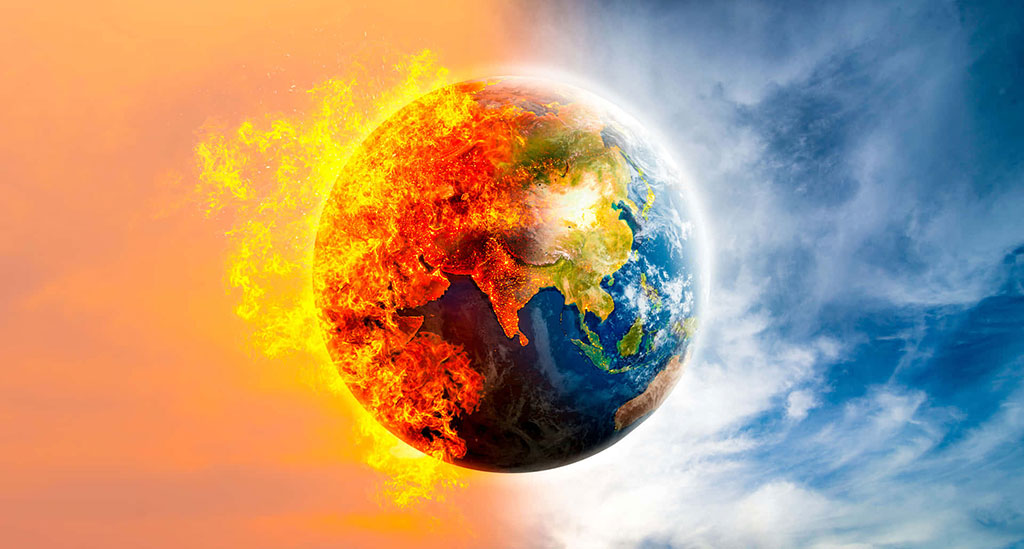

What does Singapore need to do?
They need to innovate more efficient technologies. Singapore also need to increase the use of solar energy for example 2GW by 2030. Singapore needs to reduce the number of landfills, Singapore has set a goal to reduce the waste in landfills by 30% before 2030. Currently Singapore is not recycling as much as required: Singapore is aiming to recycle 70% of waste by 2030. Singapore has set a target to use more renewable energy as fossil fuels harm the environment a lot. Singapore has many targets which they aim to achieve.
Conclusion
Singapore has many goals to accomplish in different sectors, all it needs to do now is accomplish them



